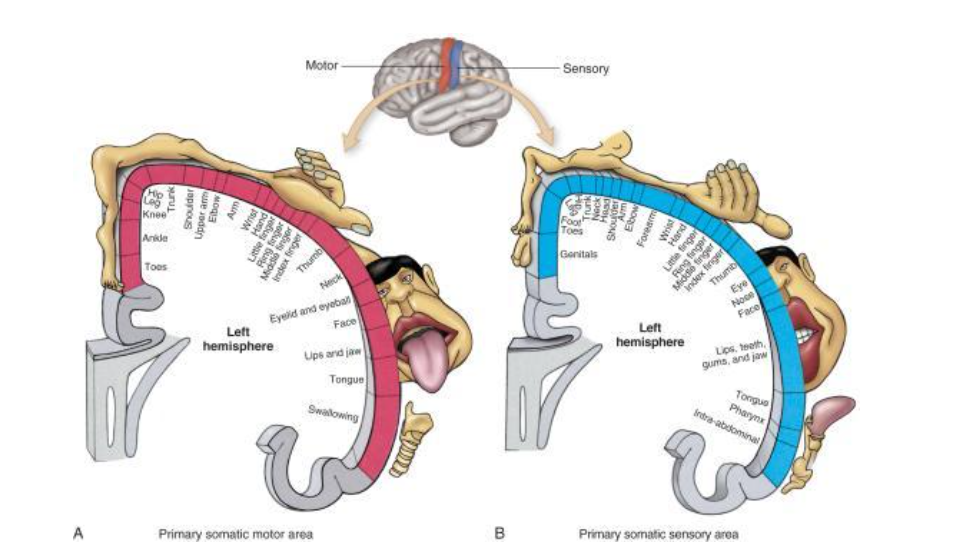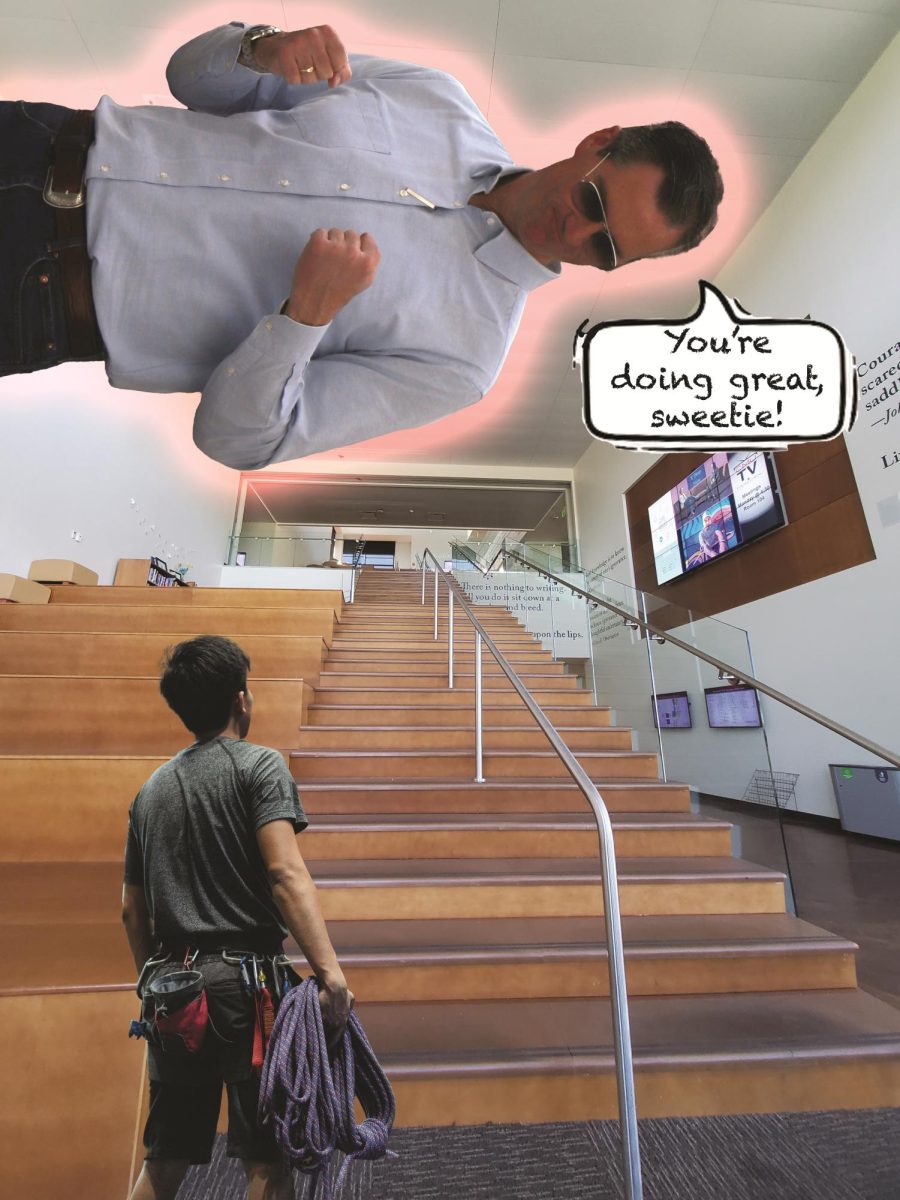Turmoil from the COVID-19 pandemic has changed our everyday life in simple and profound ways. With the general population divided amongst topics like health practices and politics, our society will continue to be challenged well after an immunization for the novel coronavirus has been established.
Since social practices were altered to accommodate the normalization of distancing and self-quarantining, mental health among the masses has suffered. Fear over your health and those around you, along with differing reactions to stress over the varying effects of COVID-19 has increased anxiety and loneliness among individuals.
The CDC offers insight into the ways in which different professions and lifestyles increase suffering and how to combat that. Social isolation, homelessness, substance abuse and working in the food industry are some of the many instances of struggle being dealt with. Coping with differing circumstances comes in all different formats.
For teens and young adults specifically, the ability to internalize the effects of a pandemic increases with mental preparedness like educating yourself with reliable sources, physical precautions such as wearing a mask in public, and talking thoughts and feelings out with a trusted source.

With the overall mental health for this age group being so vulnerable, the risk of suicide increases alongside instances of violence and isolation.
From abuse to bullying, sexual assault, depression, anxiety, and other overwhelming stresses, it is important to support one another during this time. There are many sources that offer tips for college students navigating life right now.
A key factor in healing is acknowledging that your feelings are justifiable, and you are worthy of expressing them. Maintaining a routine with daily goals, adequate nutrition, and physical activity, along with keeping good sleep hygiene, connecting with others safely, and taking breaks are key in managing mental health while attending college.
In a time occupied by social distancing measures and the internet’s ability to bring us together, digital depersonalization poses a risk to our views of reality. With the balance between the real world and virtual imagery being offset, some individuals have “adapted to the digital substitutions for real human life,” and become disconnected from reality, according to Psychology Today. With an emotional gap between real and digital experiences, individuals might feel more alone now than ever before.
During this trying time, empathy for other’s life circumstances and struggles should be a standard. After all, there is more than a virus endangering humanity at the moment. With widespread civil unrest in the U.S., the ongoing humanitarian crisis in Yemen, the Syrian Refugee Crisis, internment camps in China and other crises, the world has become well-acquainted with pain and distress. This should not deter us from bettering ourselves and how we treat others, but rather unite us in the fight for equality in instances small and catastrophic.
Living through a pandemic has emphasized the importance of education and supporting those around us who are shaped by differing life circumstances. By actively working through trauma and societal polarization, we will persevere towards a new normal.







